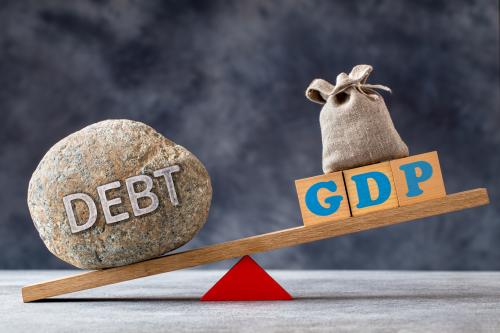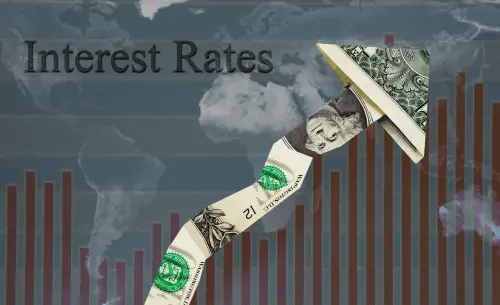A shift in China’s currency policy is not a panacea for imbalances in either the Chinese or U.S. economies, but it puts in place an important piece to a complex jigsaw puzzle.
The immediate benefit of a modest currency adjustment is that it will cool off some of the overheated rhetoric in China and the U.S., allowing the nations to focus on important economic and strategic issues rather than getting into petty trade disputes.
A modest appreciation of the renminbi will not by itself wipe out America’s trade deficit or China’s trade surplus. But if this move generates momentum towards a more flexible exchange rate, it could help achieve some important objectives. Chinese officials speak of banking reforms as a key priority and consider their huge trade surplus a structural problem having nothing to do with currency policy. There is, in fact, a deep connection between these issues.
Banks still dominate China’s financial system. Chinese banks must learn to respond to price signals rather than government directives about how much to lend and to whom. The central bank needs tools to convey those signals by changing interest rates as needed to cool down or stimulate credit growth.
Without an independent interest rate policy to guide them, banks will remain handmaidens of local government bureaucrats who want to pump up growth at any cost. This also has the unfortunate effect of keeping bank lending going mainly to politically well-connected large state enterprises rather than dynamic small and medium-sized firms that are more effective at generating jobs. This tilts the economy even more towards dependence on investment and exports to sustain growth.
The government’s desire to maintain a stable exchange rate relative to the dollar means that China is effectively importing U.S. monetary policy, constraining short-term policies and hampering longer-term adjustment.
For instance, even though U.S. interest rates are likely to remain low as the economy here is still weak, China really ought to raise interest rates now to help cool off bank credit expansion, prick incipient asset price bubbles and reduce the risks of inflation.
A flexible exchange rate would allow China to run a monetary policy better suited to its own economic circumstances. This, in turn, would facilitate banking reforms and help to shift credit flows towards private sector firms — both in manufacturing and services — that can generate more jobs.
And a currency appreciation would increase the purchasing power of Chinese households as imports become cheaper. This would boost household consumption, making the Chinese economy more balanced and less dependent on exports or investment.
These changes will ultimately be good for China itself and the U.S., with China able to take in more imports from the U.S. and the rest of the world. A more balanced pattern of growth in China will also aid the global rebalancing effort by creating room for other emerging market economies to allow their currencies to appreciate without fear of losing competitiveness to China.


Commentary
Op-edWhat a Currency Shift Could Mean for China
April 8, 2010